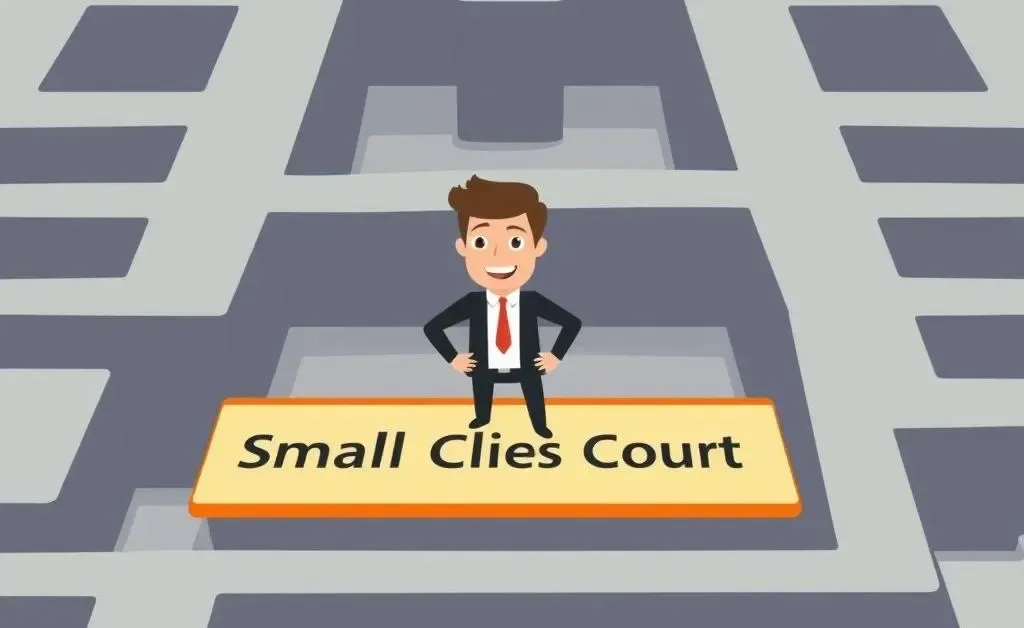Navigating Small Claims Court: Essential Tips You Need to Know
Everything you need to know about small claims court for disputes under $1,000.

Ever faced a situation where reclaiming a small sum of money feels like battling a dragon with a spoon? Welcome to the land of small claims court, where lots of us find ourselves scratching our heads. Whether it's about a broken promise, a faulty appliance, or a missing refund under £1,000, understanding how to navigate this process can save your stress levels a hefty hike.
Understanding the Basics of Small Claims Court
Firstly, let's break down what small claims court is all about. It's a legal arena meant for resolving, well, small disputes without the usual headaches and expenses of a full-blown court case. The beauty? You don't always need a lawyer, which keeps costs down.
Is Your Case Suitable?
Not every nagging issue can be dragged into small claims court. Generally, if your matter involves money owed, poor workmanship, or unfulfilled services, you're in the ballpark. But, if you're thinking of claiming emotional distress, think again!
- Maximum claim: Typically up to £10,000 in England and Wales (less for personal injury).
- Common claims: Unpaid bills, damaged goods, breach of contract.
- No solicitor needed: But good advice helps!
A good friend of mine, let's call him Tom, once took his dog groomer to small claims for a bad hair day. It was an ordeal, but Tom emerged victorious with a new respect for the justice system – and a freshly styled terrier!

How to Start a Small Claim: A Quick Guide
Thinking about diving in? Here’s a step-by-step guide to get you started:

- Gather Evidence: Collect all paperwork, photos, and communication related to your claim.
- Submit a Claim: Use the money claims online service.
- Pay the Fee: Fees depend on your claim’s value, ranging from £35 to a few hundred pounds.
- Wait for a Response: The defendant has to reply within 14 days.
Remember, the process is designed to be straightforward, but patience is your best friend. Tom learned this the hard way when waiting in endless lines just to get a copy of his initial complaint!
Your Day in Court: What to Expect
Should negotiations fail and you prepare for court, know that most cases are settled beforehand! But if you do go, it'll be informal. Dress smartly, be respectful, and present your case clearly. And breathe!
Here's a tip: Simplify your story – judges appreciate clarity. Tom swears by this after getting tangled in legal jargon and nearly losing his case!

What Happens After?
If you win, hooray! The court will order the defendant to pay up. But what if they refuse? You can enforce the order, typically with bailiffs. It's not ideal, but it's an option.
If you lose, use the opportunity to learn, and remember, it's not the end of the world.
The small claims process can be daunting but keep your chin up, and remember Tom's journey. It taught him resilience, patience, and the value of sticking to his guns.
Have you had a small claims experience or tips to share? I'd love to hear about it in the comments below.




